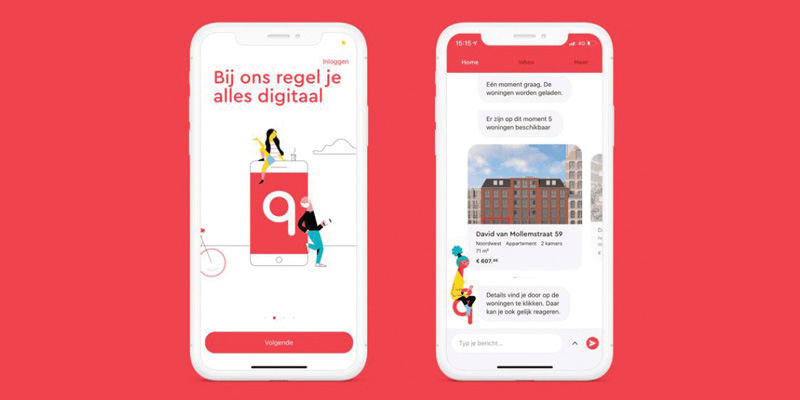It was good to see in the previous edition of Housing Technology (January 2020) profiles of 40 of the next-generation technology companies focusing on the social housing sector. Several of the sector’s most influential people have also been writing about digital in the trade press this month.
Like most people, James Tickell, a partner at Campbell Tickell, sees technology as the driver for change. It most definitely is an enabler but is it the disrupting influence we think it is? Tickell said, “The technologies needed for housing’s automation will exist by 2030, for sure, and will be widely used by the Ubers and Easyjets of the day. But a safe prediction is that many landlords will still be using the same IT systems as now, with a few fancy add-on bells and whistles, and some smarter backroom trend analysis.”
With that in mind, what are the lessons from other sectors for social housing?
Let’s take Airbnb as an example. In the world of hotels, the historic convention is that you own buildings. Another is that you have someone to greet guests or have a reception to check them in. There may be others until Airbnb decided to break them. They asked: what if you didn’t have any buildings? What if someone didn’t help you with check-in? They wouldn’t have been able to compete with brands like Marriott and Hilton without turning conventional thinking upside-down.
My point is that while we often focus on new and disruptive technologies, sometimes rethinking a business model is the best way of delivering value and excellent service to customers.
What would Google do?
Qlinker (Dutch for brick) is a new housing provider in Utrecht. Qlinker is completely digital and approached the change by thinking like Google. With a small budget, it started looking at “making everything about renting a house as easy, fast, user-friendly and efficient as possible”.
The Qlinker ambition is to achieve higher customer satisfaction with lower operating costs. It works directly with a small group of tenants and the result is a fully digital onboarding process which cuts down the application time from six days to six hours; in fact, the fastest approval and sign-up so far is only 10 minutes.
Customers use an app to do everything, from finding their new home, signing their tenancy agreement and paying their first month’s rent to logging a maintenance call. A chatbot named Q is currently resolving 40 per cent of contacts directly, with 60 per cent being passed to a ‘real person’ to be progressed further. The relationship between Qlinker and its tenants is based on trust, and as it stands, satisfaction levels are currently high.
Uber social housing
So why is James Tickell so sure that progress will not be quick in the sector. It is a very different environment for many of the organisations we have highlighted.
We can still be challenging ourselves about everything we assume we know and asking what would happen if we changed the convention. If we want greater value for money at the same or lower cost, then doing things differently is the only way to go and technology is just one way.
One of our challenges is that in a people-centric sector, the use of technology is challenging our people-based values. So why not start with buildings and see if we can make them more agile.
For example, I visited Halton Housing recently. The long-standing convention is that you have a head-office building with allocated desks for all your staff, offices for managers, fully-equipped meeting rooms, a front-desk receptionist and a car park. In 2010, 80 per cent of the corporate workforce was based in an office but by 2016 this was down to 60 per cent.
Halton Housing has designed a head office that has desks for only a small proportion of its staff and that simple equation is saving money, changing the culture, embedding mobile working and increasing agility.
Best of all, this sets the tone for new ideas and innovation. Once flexible working is embraced, the demand for collaboration tools, better document management and conference-sharing facilities quickly follows, adding to the virtuous circle of technology adoption.
If you’d like to challenge your existing conventions, our ‘Battenburg’ model could be for you. Drop me a line at peter@goldenmarzipan.co.uk to book a chat.
Peter Lunio is a director at Golden Marzipan.


